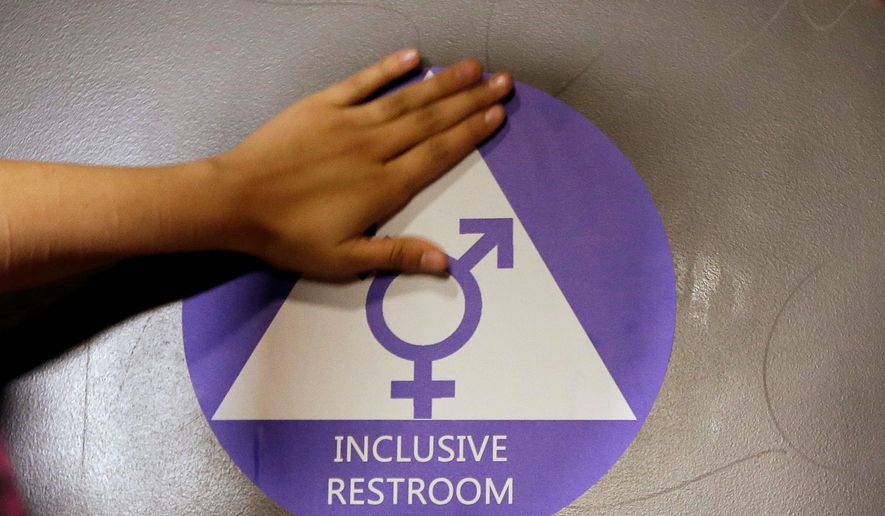The Census Bureau said Tuesday it wants to explicitly ask Americans about their sexual orientation and “gender identity” in the 2020 census, marking the first time it would probe for that information.
The bureau made the announcement as part of its proposed topics it submitted to Congress, teasing the issue in a single line inside an appendix.
A spokeswoman said she couldn’t say why the bureau wanted to prod Americans on that question.
It is the only new subject area the census has asked to include, and would join longstanding questions ranging from age, marital status and occupation.
The census currently gives a snapshot of same-sex households, which has been used as an approximation of gay couples.
But Democrats last year demanded the Census Bureau go further and explicitly ask about sexual orientation and identity, saying it was time policymakers got a better sense of increasingly complex family dynamics in America.
SEE ALSO: Trump cancels census sexual orientation questions for 2020
They said knowing how Americans classify their sexuality would help Congress better craft laws tailored to improve the situations of lesbian, gay transgender and bisexual people.
Estimates of the size of the LGBT community has been left chiefly to opinion polls, with widely varying results.
Deciding which identities to probe for, though, could be tricky. When Facebook allowed users to select a gender identity it offered dozens of options, ranging from male and female to pangender and “neither.”
“Our goal is a complete and accurate census,” Census Bureau Director John H. Thompson said in releasing the report to Congress.
“In planning for the 2020 Census, the Census Bureau has focused on improving its address list by using imagery, finding ways to increase household self-response, leveraging resources inside and outside the government, and making it easier and more efficient for census takers to complete their work,” the director said. “Furthermore, for the first time ever, the decennial will offer an online response option with the ultimate goal of improving question design and data quality while addressing community concerns.”
• Stephen Dinan can be reached at sdinan@washingtontimes.com.




Please read our comment policy before commenting.